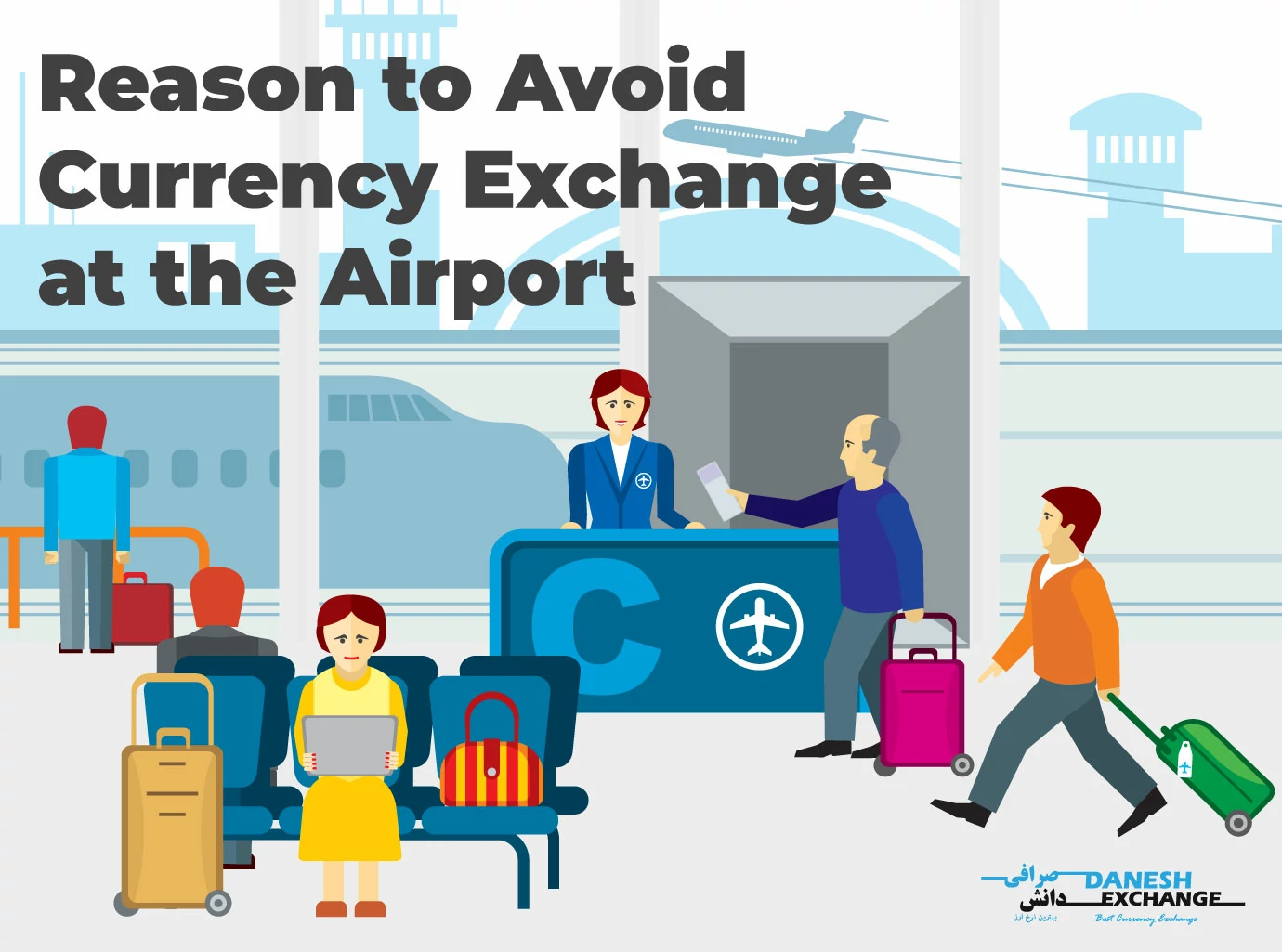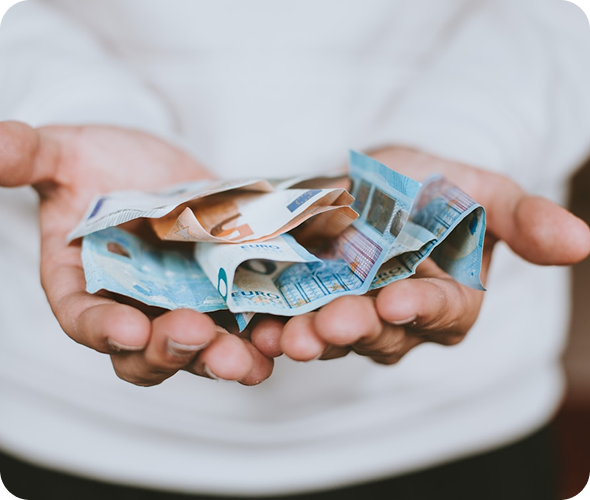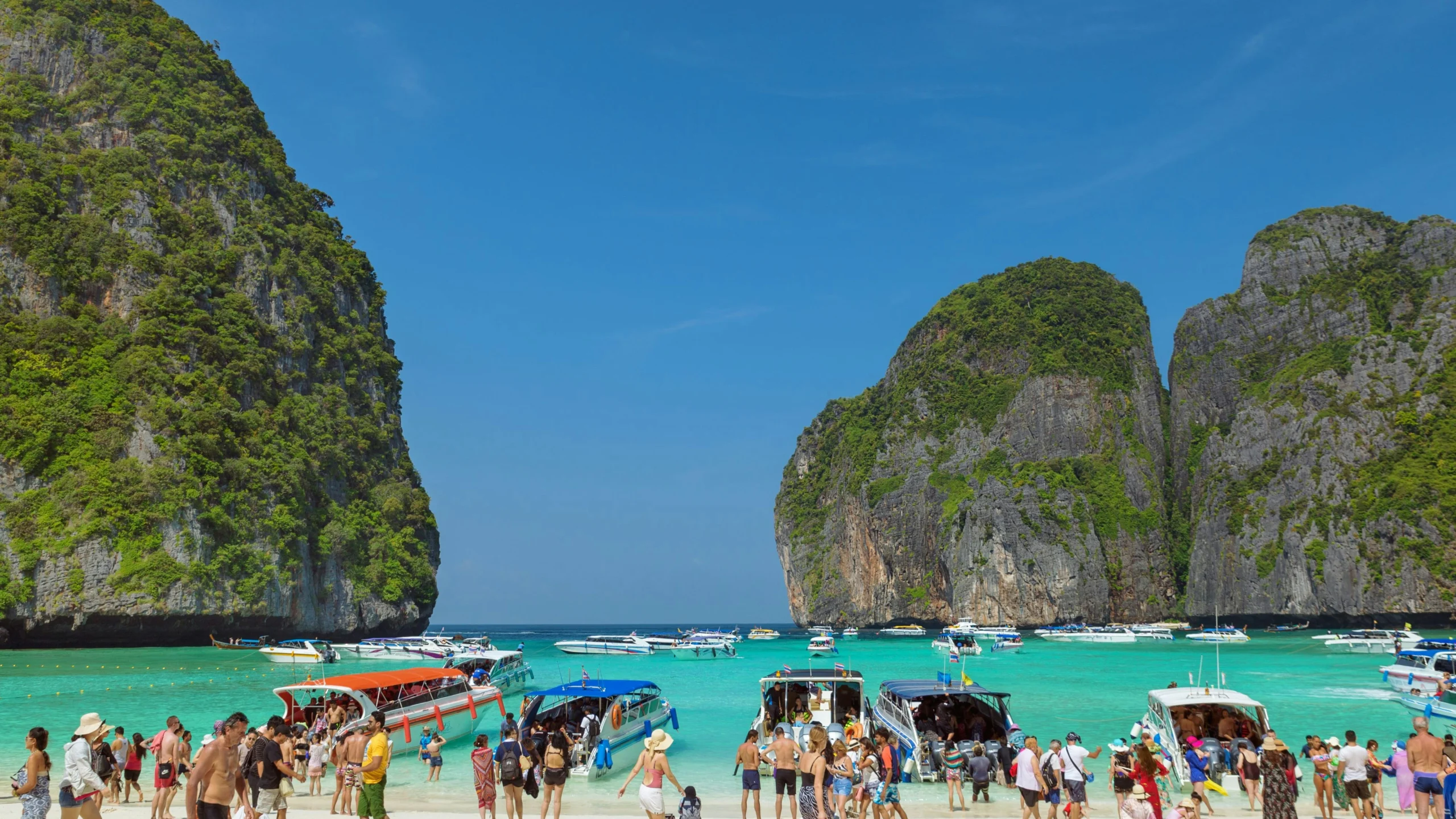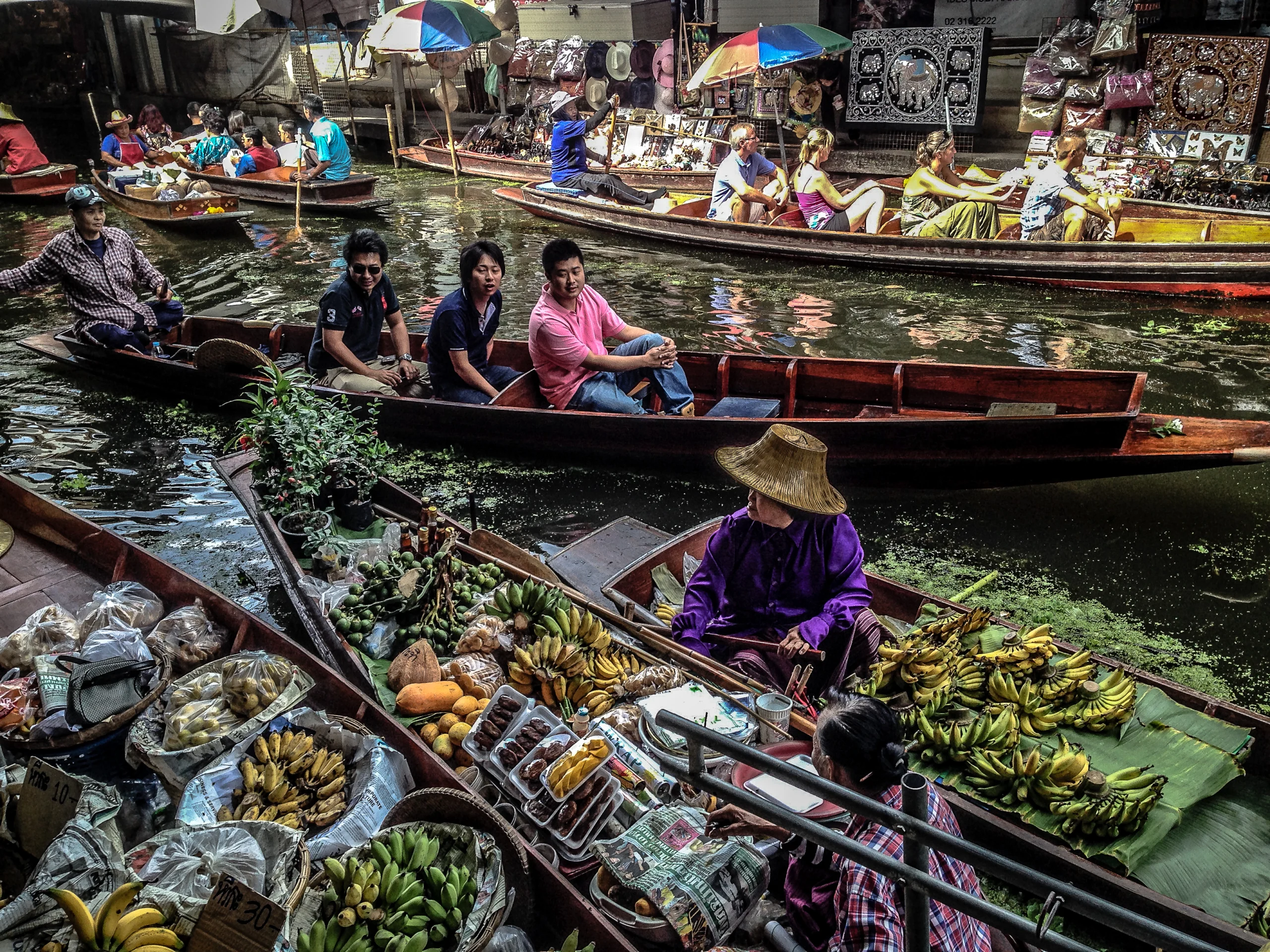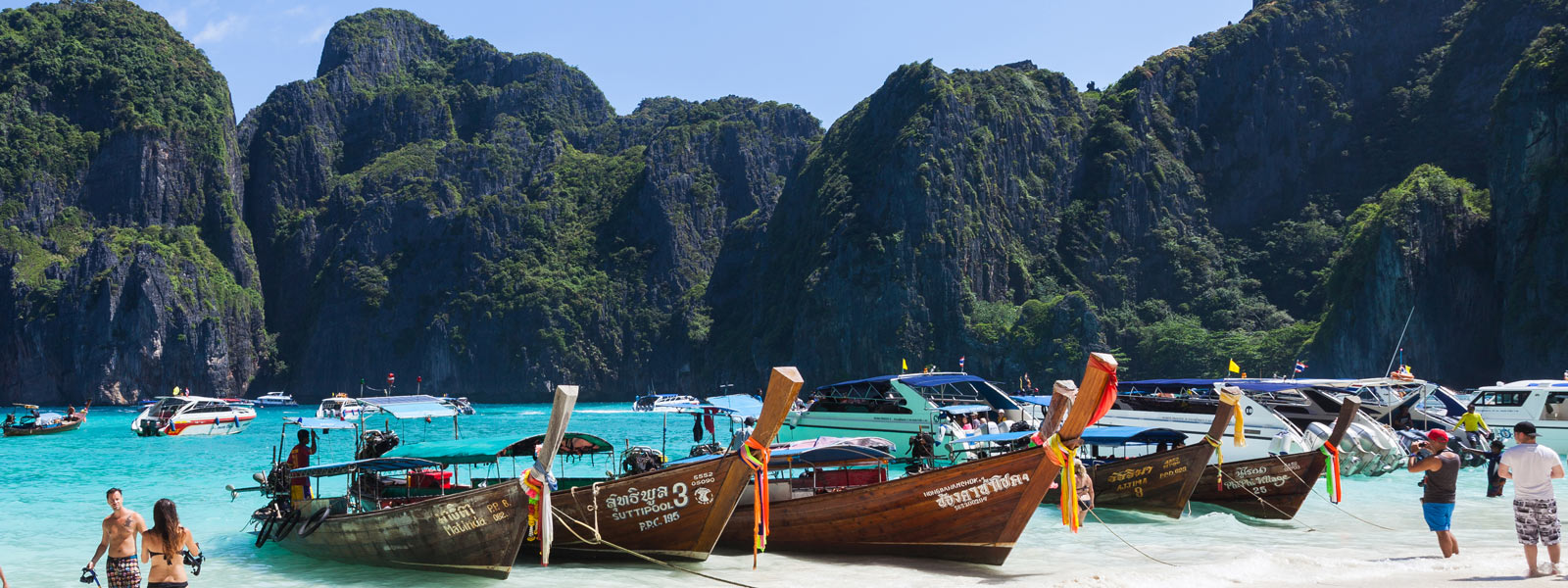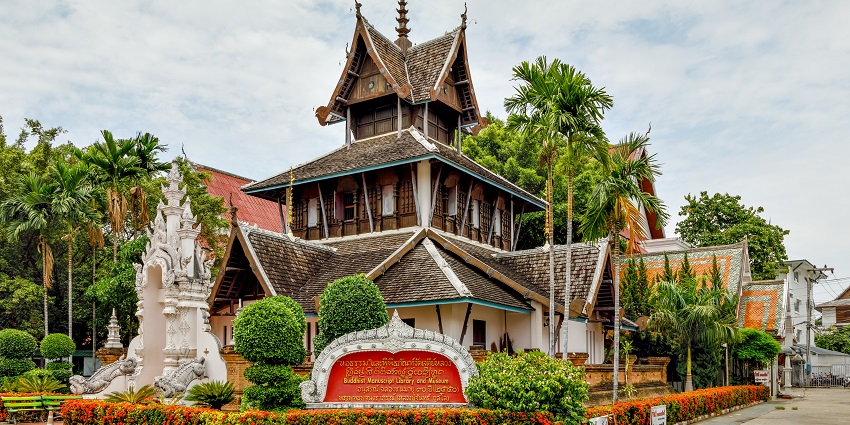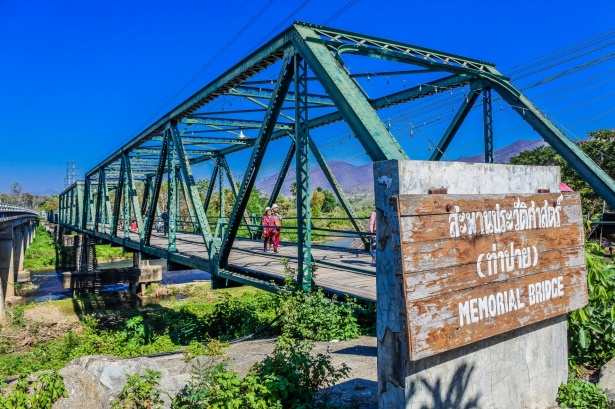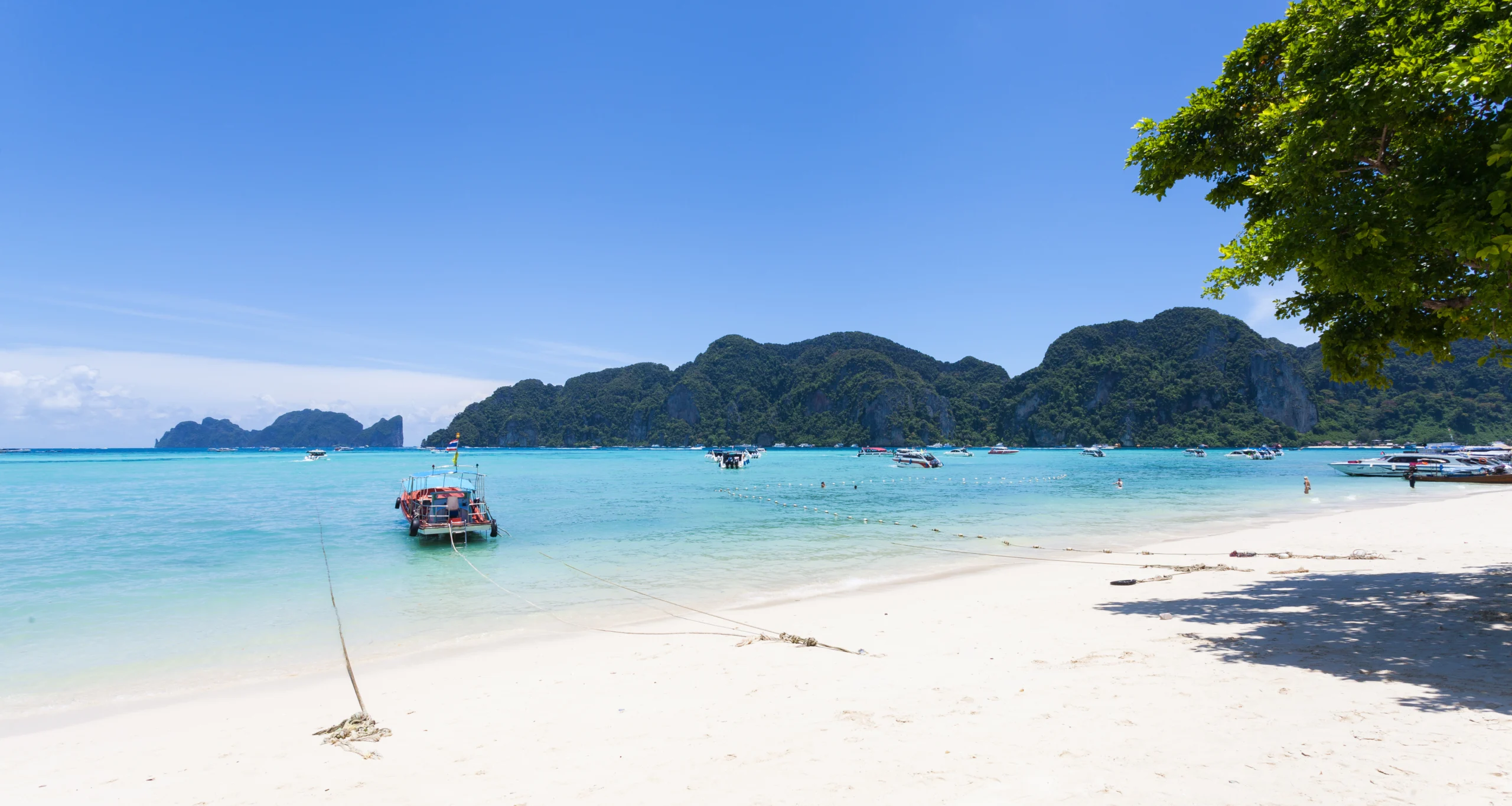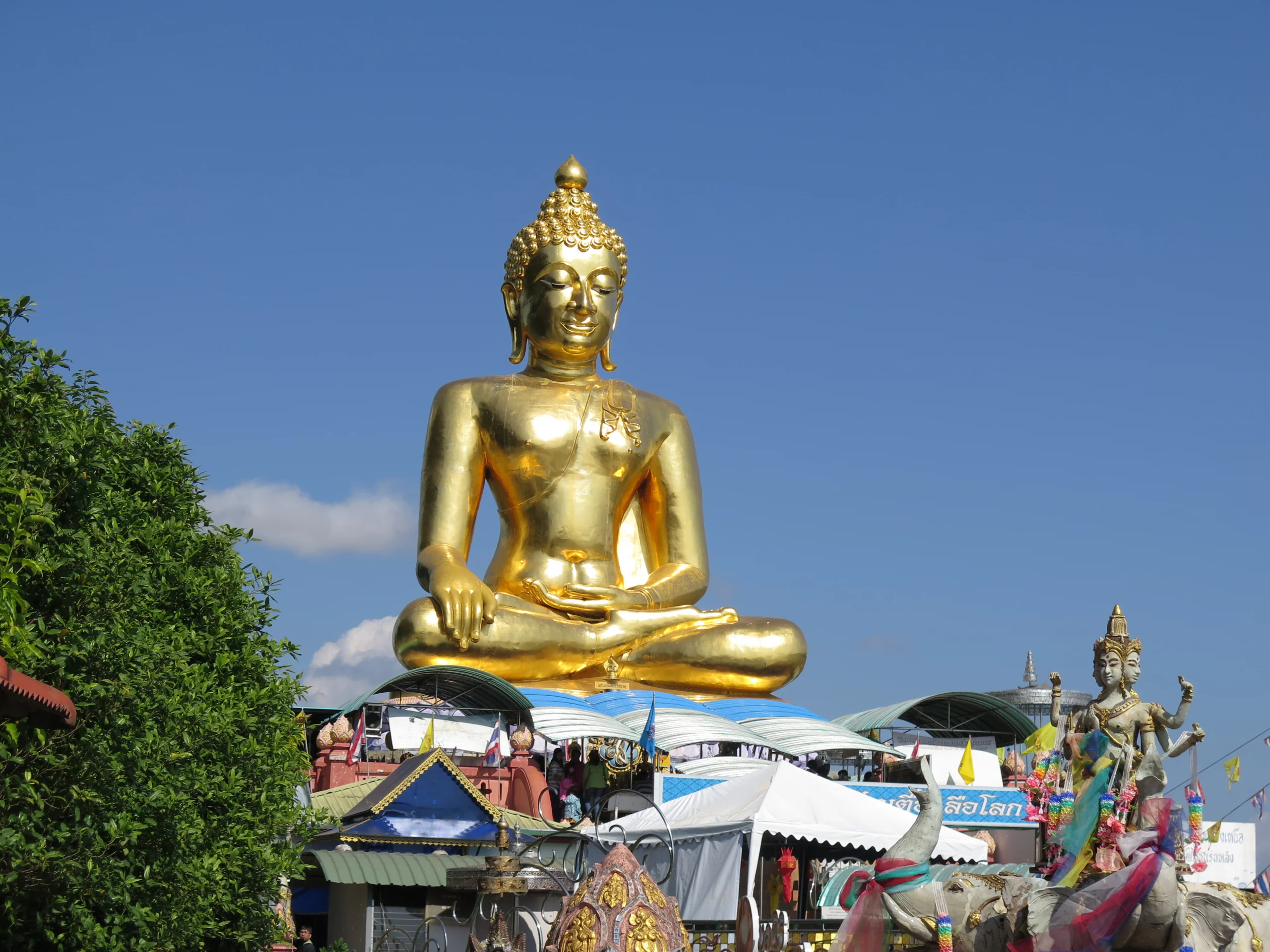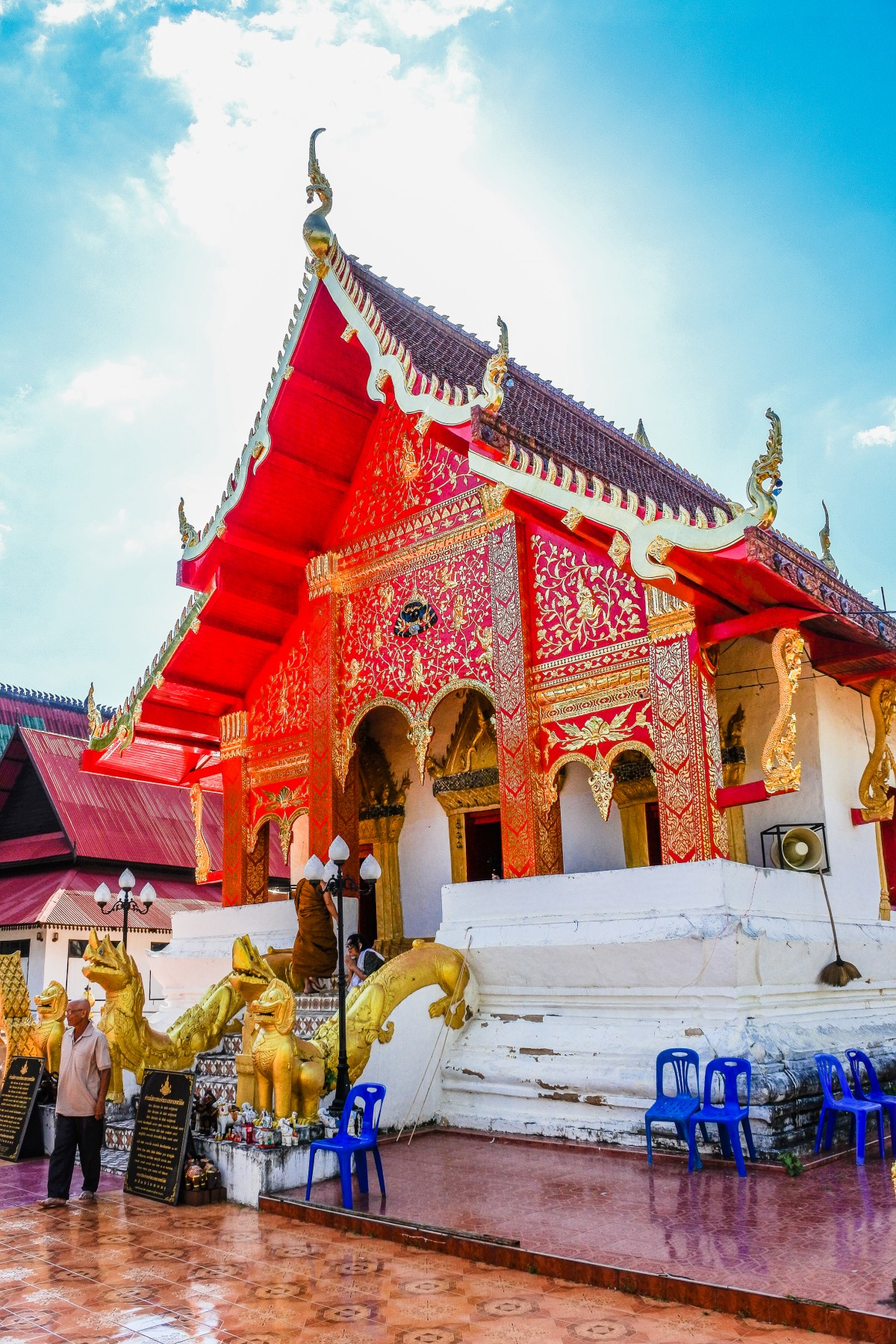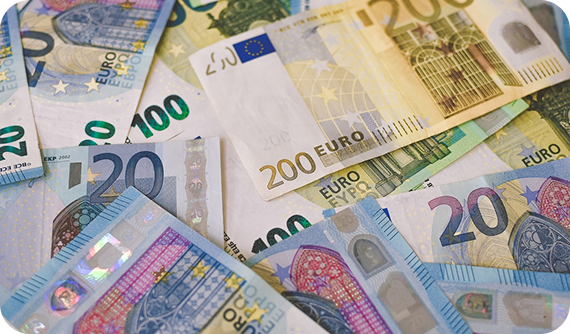The Smart Traveler’s Guide: Why You Should Avoid Airport Currency Exchange
Managing currency exchange while traveling can be tricky. Many travelers opt for airport currency exchange, assuming it’s convenient—but this decision often leads to hidden fees and poor exchange rates. Instead, choosing a reliable currency exchange provider can save you money and offer better rates.
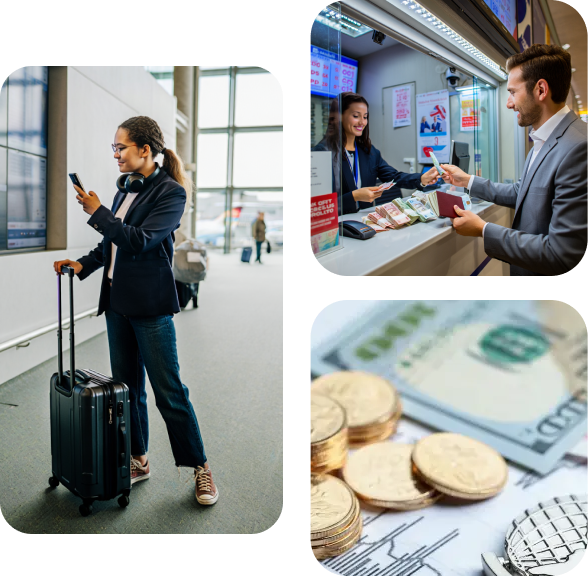

Why Airport Currency Exchange Hurts Your Wallet

Smarter Ways to Exchange Money
Instead of airport currency exchange, consider these cost-saving alternatives
Danesh Exchange – A Better Choice
Danesh Exchange offers competitive currency exchange rates without hidden fees, making it a smarter option compared to airport kiosks. With transparent pricing and excellent customer service, travelers can exchange their money confidently before their trip.
Use Local ATMs
Withdrawing money from local ATMs abroad often provides better exchange rates, even after factoring in withdrawal fees.
Pre-Order Currency
Banks and exchange providers like Danesh Exchange allow you to pre-order foreign currency at competitive rates before you depart.
Consider Multi-Currency Cards
Prepaid travel cards with multiple currencies minimize fees and ensure transparent conversions.
How to Get Foreign Currency in advance
Buying Euros through Danesh Exchange is simple and hassle-free

Place Your Order
Choose your currency and select Click & Collect

Pay for Your Order
Pay securely via Bank Transfer, Debit Card, or PayID.

Receive Your Currency
Collect with ID at Australia Post or get home delivered.
Frequently Asked Questions (FAQ)
Is airport currency exchange ever a good idea?
Only in emergencies. If you must use it, exchange small amounts to minimize losses.
How can I find the best exchange rates?
Check rates from Danesh Exchange before traveling.
Are online currency exchange services reliable?
Yes, but check for hidden fees and reviews before using them.
Final Thoughts
Airport currency exchange is convenient but comes at a high cost. By planning ahead and exploring better alternatives like Danesh Exchange, travelers can save money and maximize their travel budget.
Always compare exchange rates and fees before making any currency exchange decisions.
